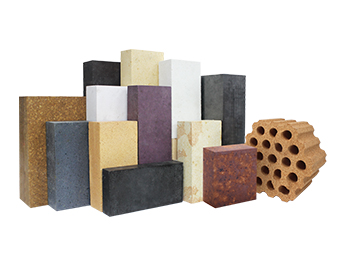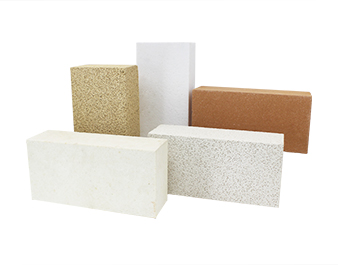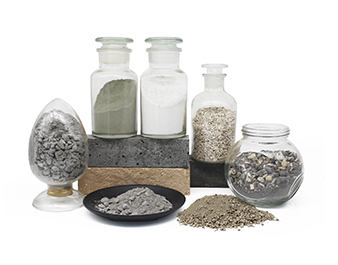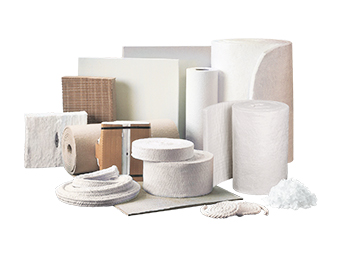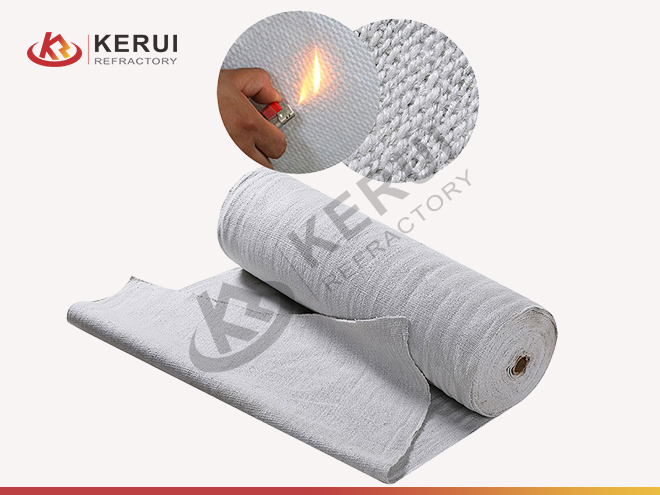
Ceramic Fiber Cloth
- Continuous Temperature Use Limit/℃: 650-1000
- Bulk Density (kg/m³): 500
- Organic Content ≤/%: 15
- Color: White
- Certification: ISO9001/ISO14001/ISO45001/ISO50001
- Sample: testing of sample is available
Description of Ceramic Fiber Cloth
Ceramic fiber cloth is a woven fabric made of ceramic fiber yarn. The main raw materials include alumina, silicate or borate, etc. It has excellent heat resistance and chemical stability. It is produced through a strictly controlled high-temperature furnace melting and fiberizing process. The fibers are white, odorless, and suitable for high-temperature applications up to 1100°C. The fiber density of ceramic fiber cloth can be adjusted according to specific needs, and different options are usually available.
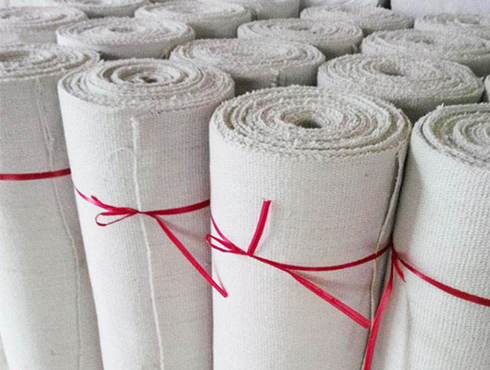
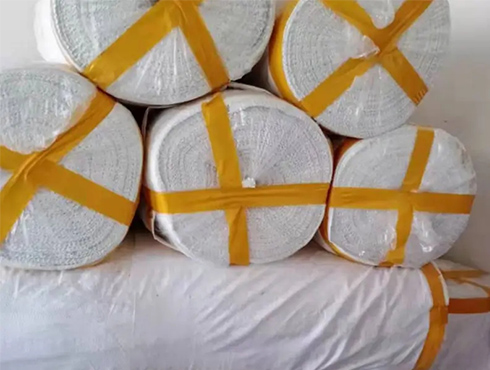
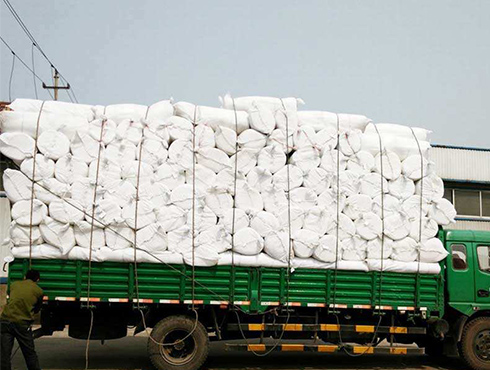
Kerui Ceramic Fiber Cloth Technical Data Sheet
| Item/Grade | Glass Fiber | Stainless Steel |
|---|---|---|
| Continuous Temperature Use Limit/℃ | 650 | 1000 |
| Color | White | |
| Bulk Density (kg/m³) | 500 | |
| Organic Content ≤/% | 15 | |
Advantages of Ceramic Fiber Cloth
Acid and Alkali Corrosion Resistance
Ceramic fiber cloth has strong acid and alkali corrosion resistance and chemical stability and can resist the erosion of many acid and alkali media, such as sulfuric acid, hydrochloric acid, sodium hydroxide, etc.
Metal Erosion Ability
Ceramic fiber cloth has better performance against the erosion of some molten metal. For example, the molten state of metals such as aluminum and zinc, which can withstand erosion during the melting process of metals at high temperatures.
Electrical Insulation Properties
Ceramic fibers have better electrical insulation properties than glass fibers, which can effectively prevent the conduction of electric current. It can ensure electrical safety.
Non-Toxic, Harmless, And Odorless
The ceramic fiber cloth is made of non-toxic fibers, which will not produce harmful substances to the human body, will not pollute the environment, and will not emit irritating or harmful odors.
Manufacturing Process of Ceramic Fiber Cloth
Raw Material Preparation
Select a certain ceramic fiber material, including alumina, silicate, etc., and mix it with a certain proportion.
Fiber Preparation and Finishing
The raw materials are also added to the fiber preparation machine, and the ceramic fibers are prepared by adding light spinning yarns through high-temperature melting, spraying or stretching; then the ceramic fibers are cut, spun and treated.
Weaving
Hand weaving or machine weaving of the prepared fibers into cloth. Common weaving structures are plain weave and twill weave
Heat Treatment
The woven ceramic fiber cloth also needs heat treatment to improve heat resistance and stability. The temperature and time of heating in a high-temperature furnace vary according to the requirements of the ceramic fiber cloth
Other Treatments
After heat treatment, cooling, cleaning, shearing and other treatments are required
Check the Package
The final step is to conduct quality inspection on the ceramic fiber cloth to ensure that it meets the standard, then pack and transport
Analysis of Blackening and Carbonization of Ceramic Fiber Cloth in High Temperature Use
The fiber contained in ceramic fiber cloth is about 15%. When the ceramic fiber cloth is used in a high-temperature environment for the first time, the fibers in the product will appear blackened, and sometimes there will be partial smoke. Many people think that this situation is that the fiber cloth is on fire, but this is not the case. This is a normal phenomenon during the use of ceramic fiber cloth, which is caused by the characteristics and materials of the ceramic fiber cloth, because some fiber components may undergo carbonization reaction at high temperatures, and volatile organic compounds may release smoke, which will cause a little fire. Therefore, blackening and carbonization will occur during use.
Application of Ceramic Fiber Cloth
Heat insulation wrapping materials for pipes, cables, wires, and related heat insulation treatments;
Various kilns, heat insulation of high-temperature pipelines;
Furnace doors, valves, curtains for fire doors;
Wrapping of the engine exhaust pipe, heat shield of the car engine;
High-temperature furnace, flue lining, fireproof clothing, high-temperature filtration, sound absorption, and fields that can replace asbestos.

